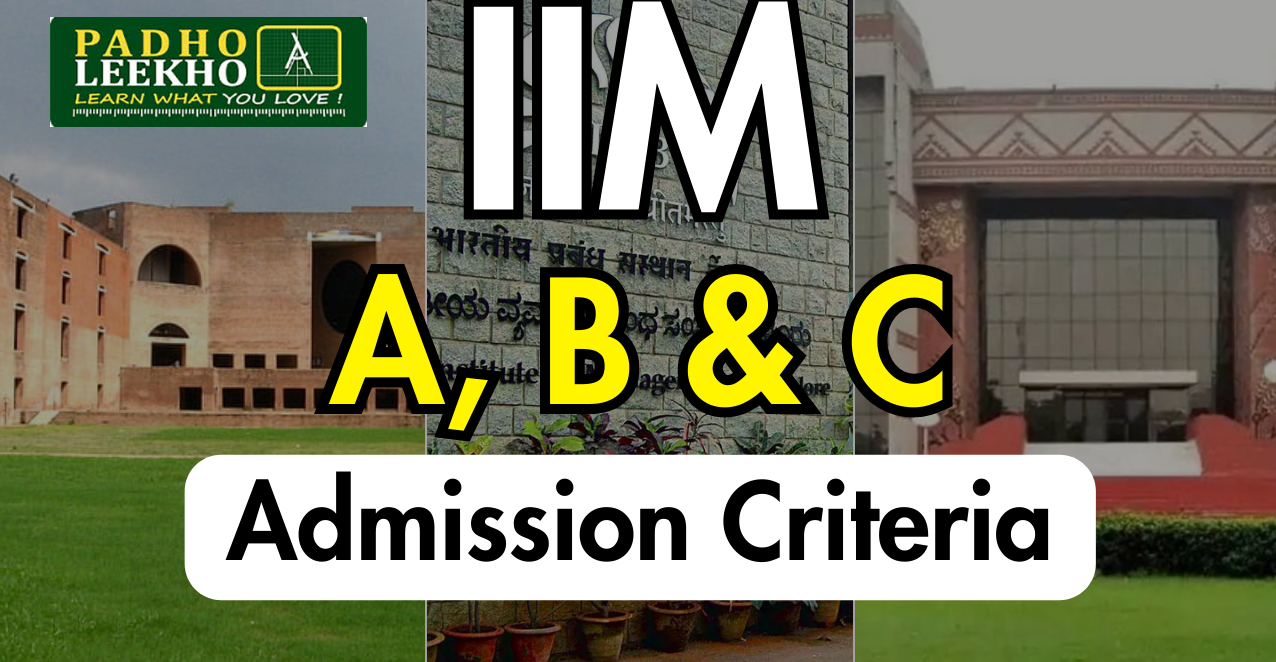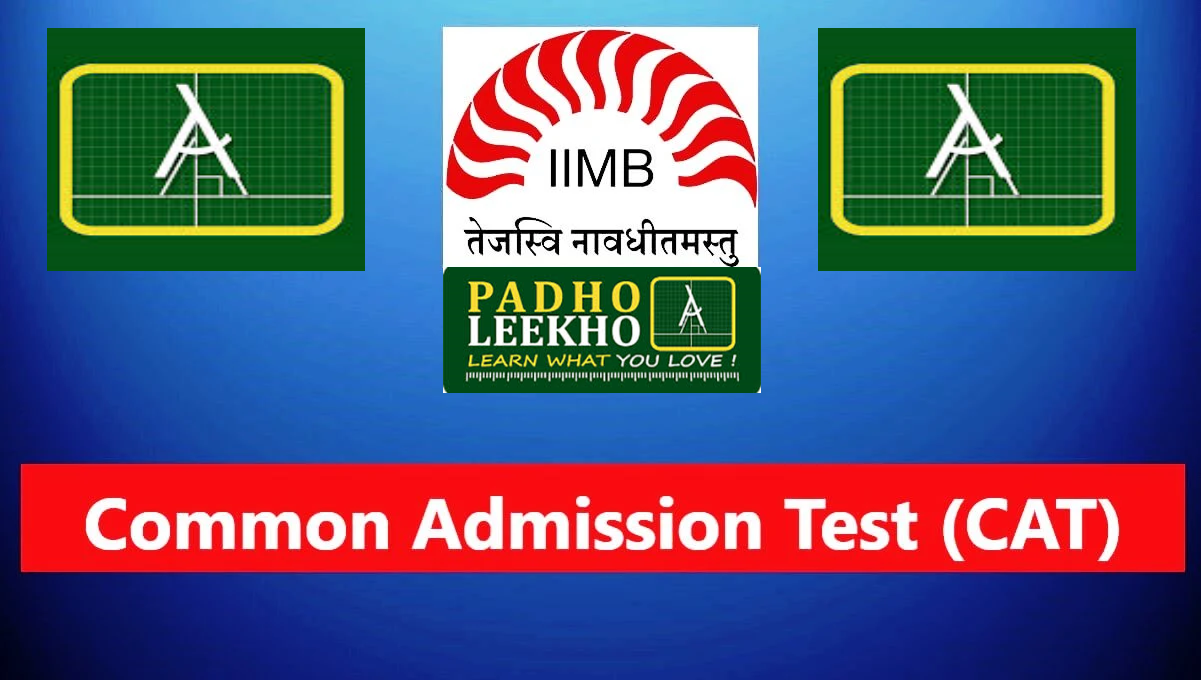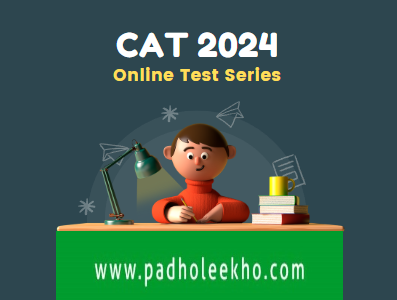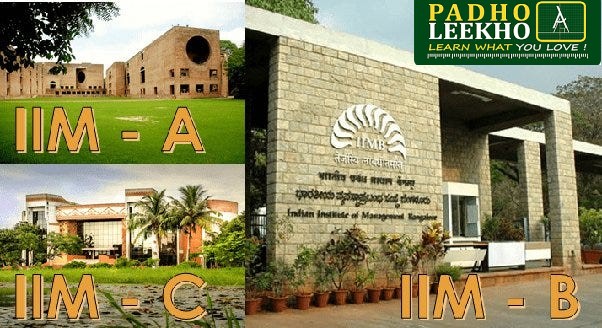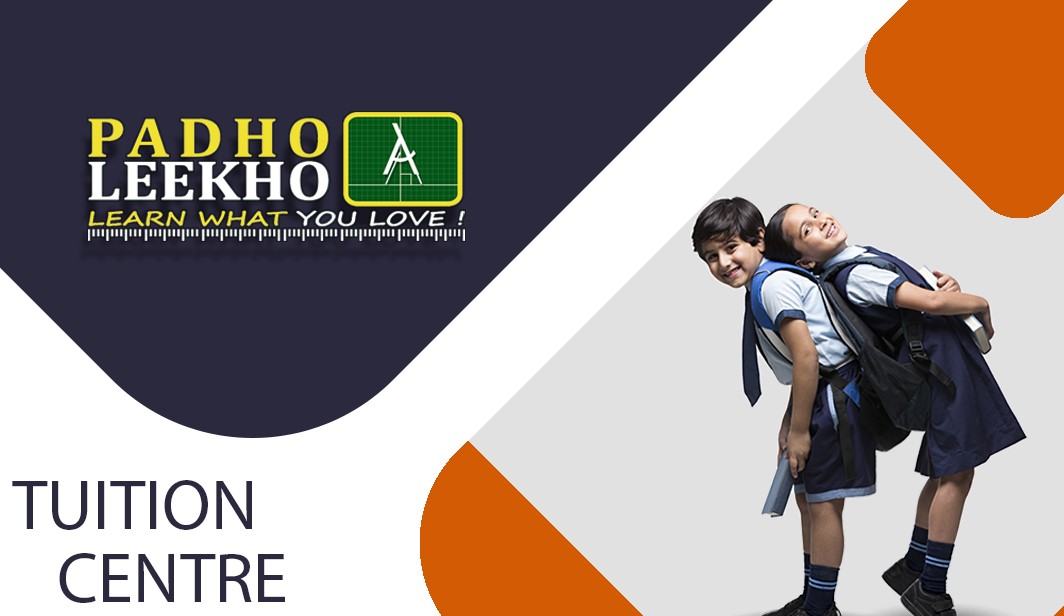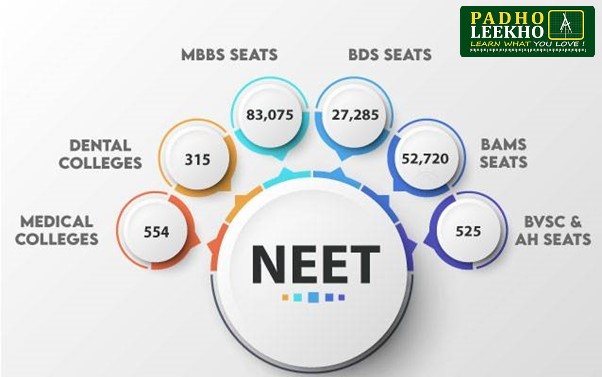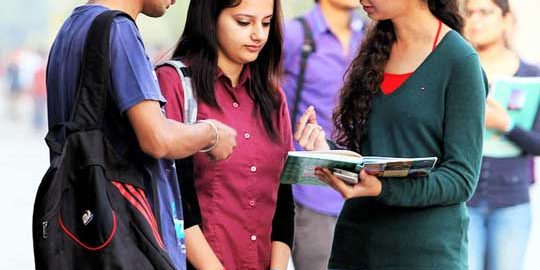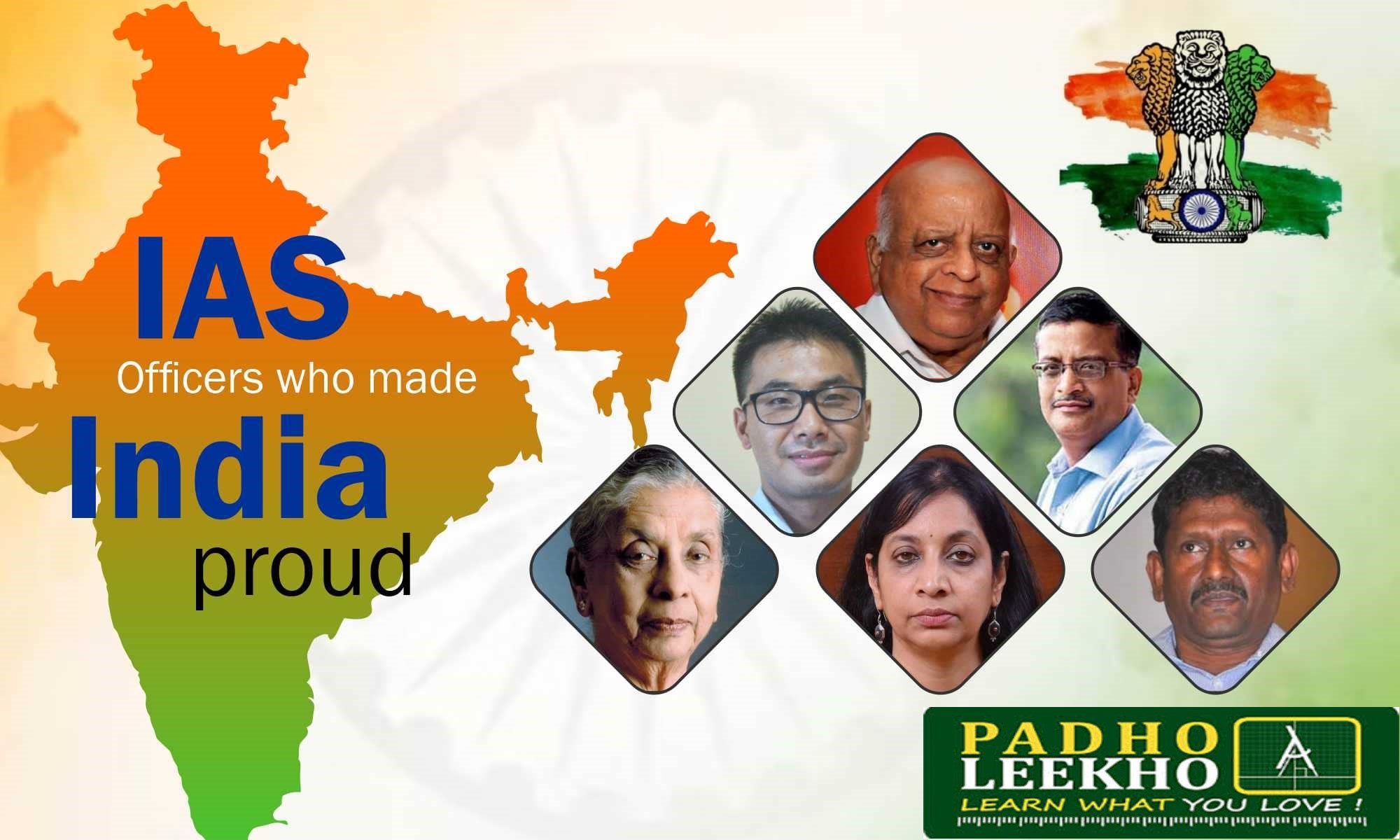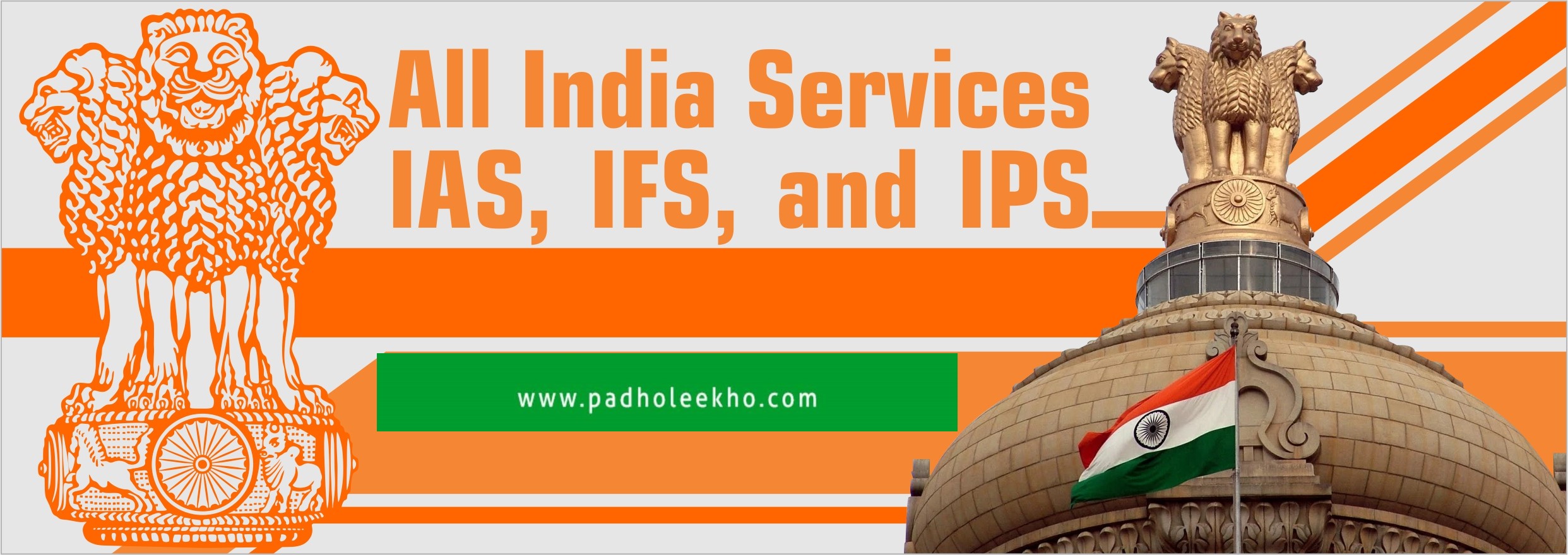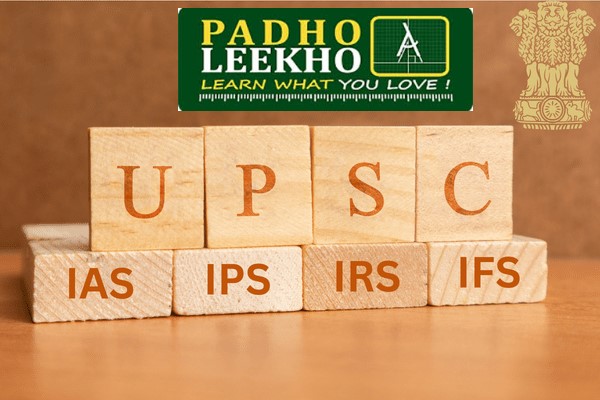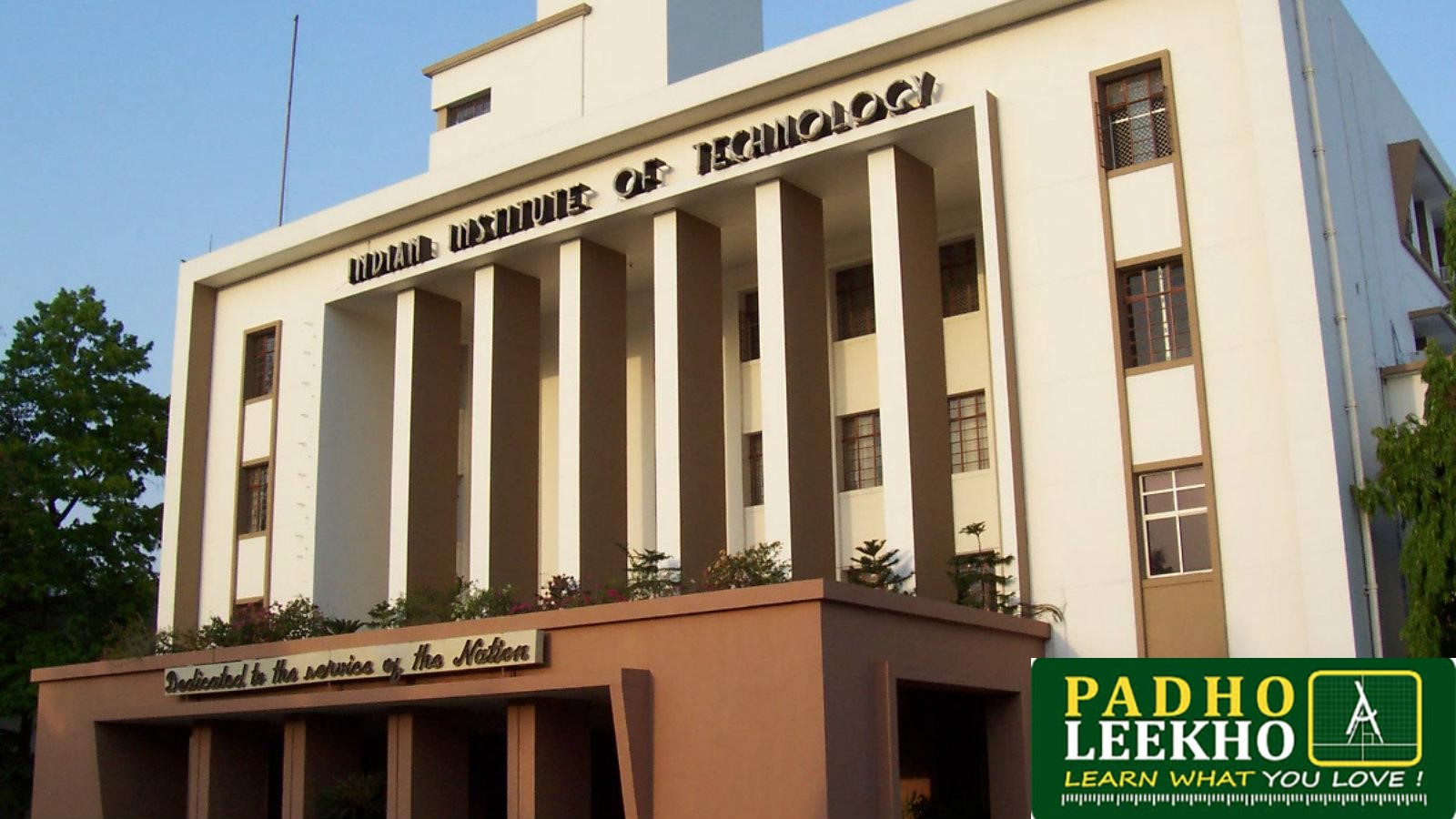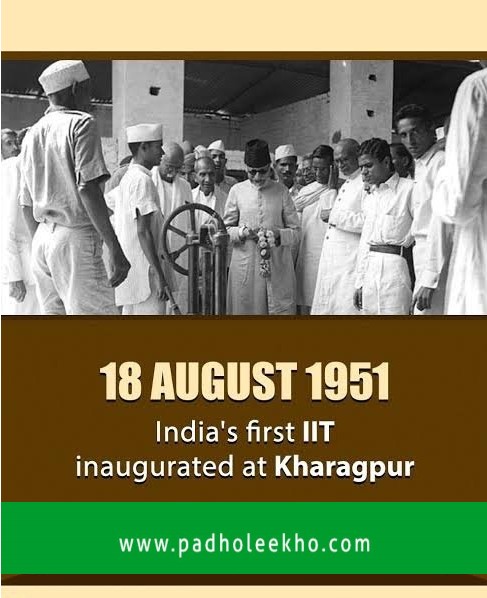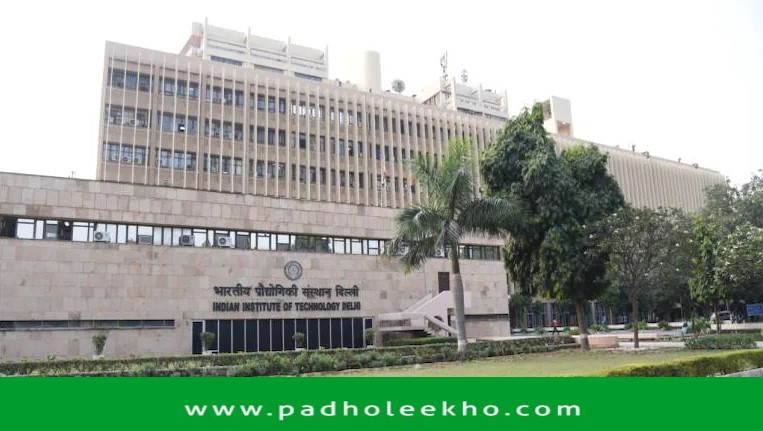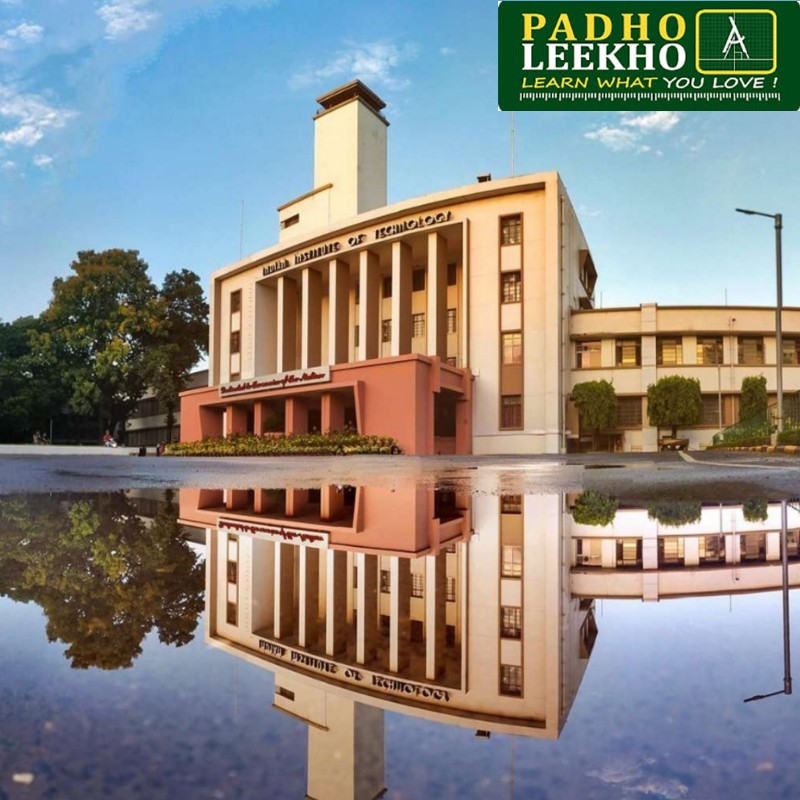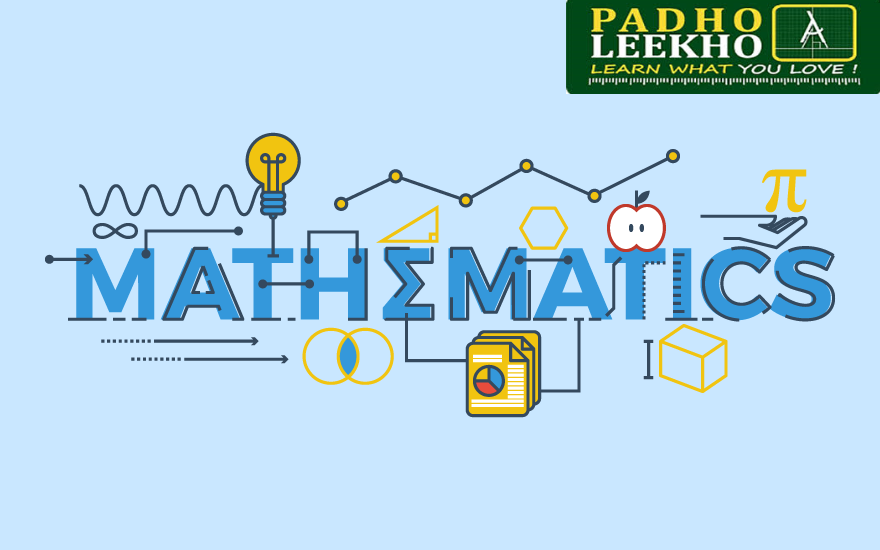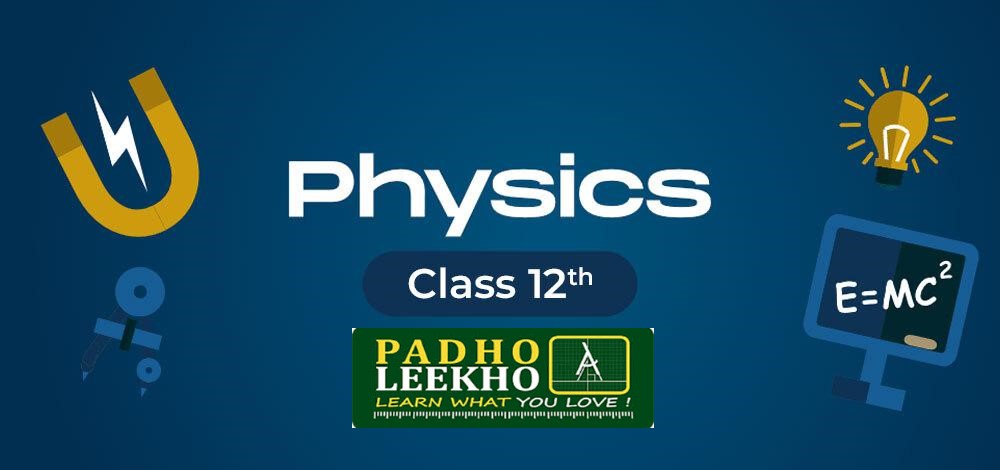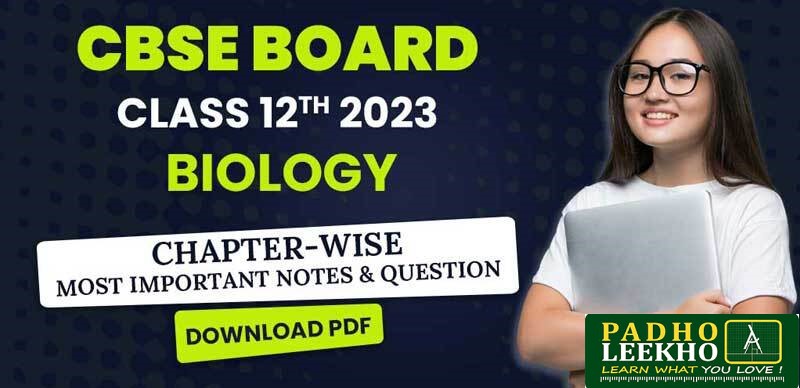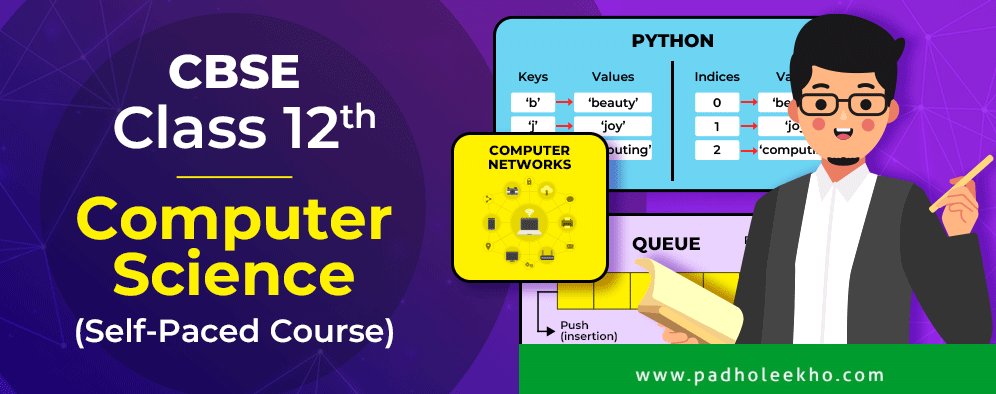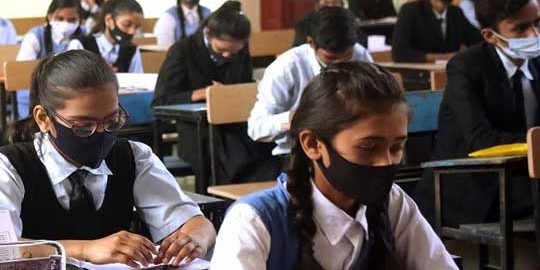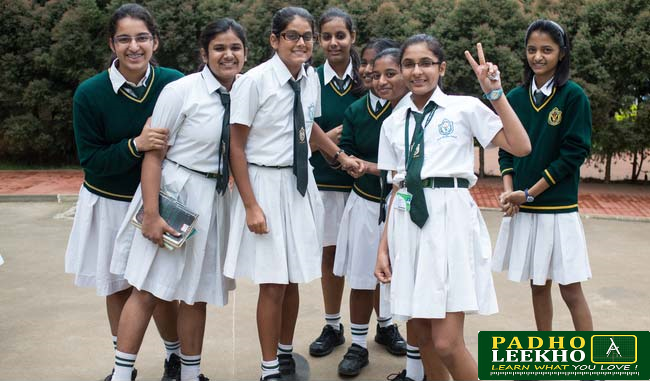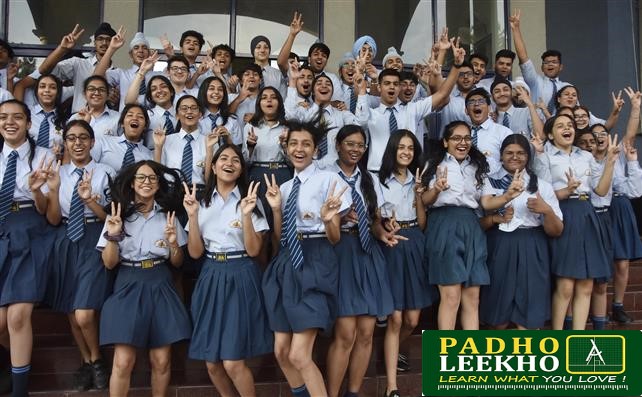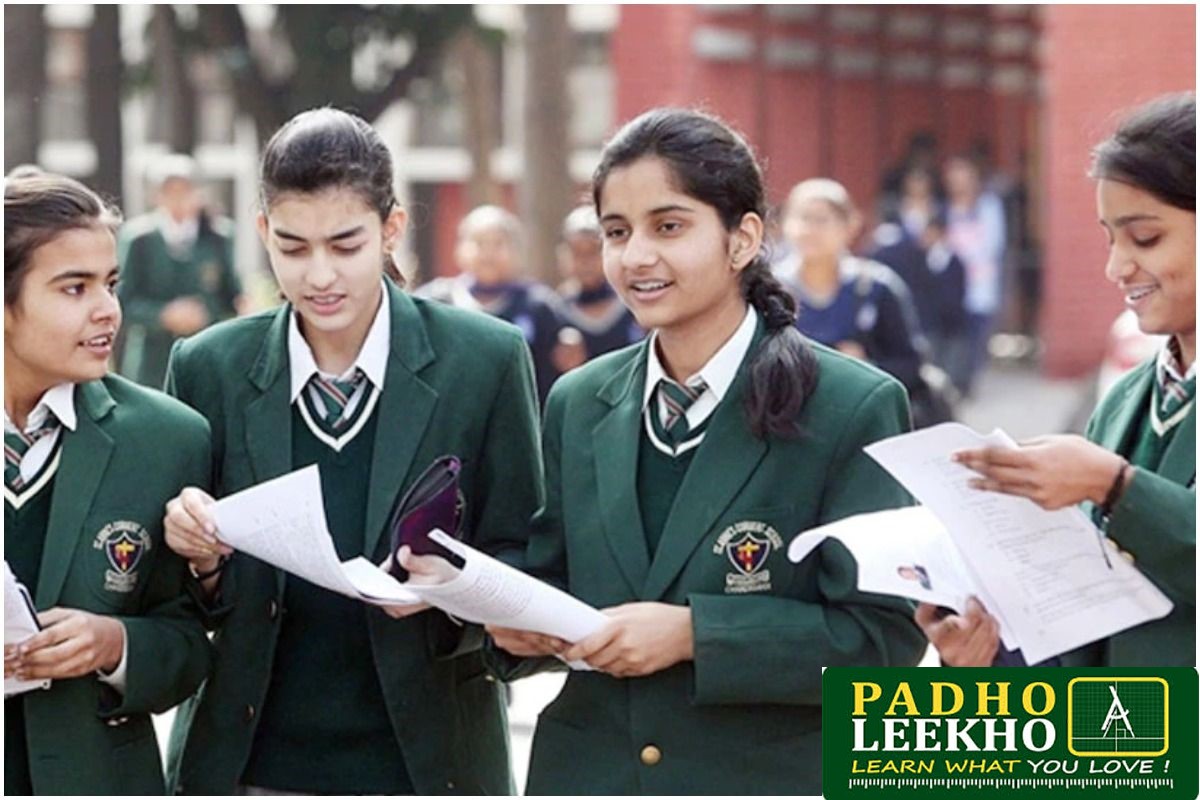Unlock Exclusive Access To CAT Course Materials.
1. CAT 24 PREMIUM & Other Courses By Padho Leekho
2. CAT 23 PREMIUM & Other Courses By Padho Leekho
Comprehensive CAT Exam Preparation with Padho Leekho
The Common Admission Test (CAT) is one of India’s toughest MBA entrance exams conducted by the Indian Institutes of Management (IIMs). It is the gateway to securing admission in the coveted IIMs and 100+ other premier B-schools in the country.
Cracking the CAT requires meticulous preparation, practice, and guidance from expert faculties. This is where Padho Leekho steps in – with our result-oriented coaching, we aspire to help every CAT aspirant achieve their goal of getting into their dream b-school.
Why Prepare for CAT with Padho Leekho?
1. Comprehensive video lectures
Our CAT coaching program provides access to over 1000+ hours of HD video lectures covering every topic, concept, and question type of the CAT syllabus. The videos are delivered by experienced faculty who use real-life examples, case studies, and proven tips & tricks to simplify complex theories.
2. Section-wise CAT Practice
We have a humongous question bank of 5000+ questions curated by CAT experts for sectional practice. You get Topic-wise, Difficulty level-wise, and Mock CAT options customized as per your preparation needs. Through rigorous practice, you overcome weaknesses and develop exam readiness.
ENROLL For CAT 24 TEST SERIES By Padho Leekho
3. Weekly CAT Mock Tests
Writing mock tests is an integral part of CAT preparation. We provide 25+ full-length CAT mock tests for performance benchmarking and improvement. You get an in-depth analysis of mock test performance to identify focus areas.
4. Live Classes and Doubt Clearing
Attend interactive live classes with expert faculties. Ask your doubts and get solutions then and there. Personal attention helps you gain more clarity on complex CAT concepts.
5. Personalized Mentoring
From guidance on strengthening fundamentals to keeping you motivated throughout the CAT prep journey, our mentors provide personalized support as per each student’s requirements. You get the right guidance at the right time.
6. Proven CAT Coaching Excellence
With a legacy of over 10+ years, Padho Leekho has helped thousands of students successfully get into IIMs and top B-schools. Our coaching methodologies are result-oriented, helping students effectively tackle the CAT.
Join India’s most trusted CAT coaching institute and realize your management dreams today!
ENROLL For CAT 24 PREMIUM By Padho Leekho
Information About CAT Exam
1. What is CAT?
CAT stands for Common Admission Test. It is a computer-based management entrance exam conducted annually by the Indian Institutes of Management (IIMs) on a rotational basis.
2. Purpose:
CAT is conducted to evaluate the aptitude and skills of candidates seeking admission to various postgraduate management programs, primarily MBA programs, in India’s top business schools.
To be eligible for the CAT exam, a candidate must have a bachelor’s degree with a minimum of 50% marks (45% for SC/ST/PwD candidates) or be in the final year of their bachelor’s program.
4. Exam Pattern:
CAT consists of three sections: Verbal Ability and Reading Comprehension (VARC), Data Interpretation and Logical Reasoning (DILR), and Quantitative Ability (QA).
The exam is typically held for 3 hours, with 60 minutes allotted to each section.
CAT uses a combination of multiple-choice questions (MCQs) and non-MCQs (where the answer needs to be typed).
ENROLL For CAT 24 Preparation By Padho Leekho
5. Scoring and Percentile:
CAT is scored on a scale of 0 to 300.
Each section is scored individually, and there is also a total score.
The CAT score is converted into a percentile, which indicates a candidate’s relative performance compared to other test-takers.

6. Registration and Application:
CAT registration usually opens in August, and the exam is held in November or December.
Candidates need to fill out an online application form, pay the exam fee, and select their preferred exam center.
7. Preparation:
Candidates often prepare for the CAT through self-study, coaching institutes, or online courses. Mock tests and practice papers are essential for CAT preparation.
8. Important Dates:
CAT exam dates and registration details may change from year to year. Generally, Registration will start in August Month and the exam will be conducted in November Month.
After the CAT exam, candidates are shortlisted by IIMs and other participating institutions based on their CAT scores.
Shortlisted candidates are then invited for group discussions, personal interviews, and written ability tests as part of the selection process.
10. Top B-schools:
CAT scores are accepted by many prestigious management institutes in India, including the IIMs, Indian Institutes of Technology (IITs), and other renowned business schools.
11. Results:
CAT results are usually declared in January.
Selected candidates receive offers of admission to various management programs.
Remember that the CAT exam pattern, eligibility criteria, and important dates may vary from year to year. Therefore, it’s crucial to refer to the official CAT website or brochure for the most up-to-date and accurate information when you plan to take the exam.




